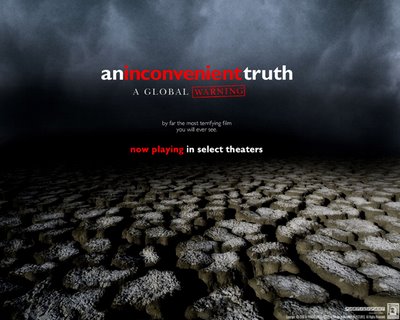
It's that time again. Registration time. Luckily, students nowadays seldom must wait in lines and get signatures on cards to register like I used to when I first went to school. Most everything is now online, which makes it a lot easier.
Registering at the Last Minute
If you are like me, the first semester back at school means a lack of choice when it comes to classes. You are going to have to take what is left. Later on you can register earlier and get better time choices. Hopefully there will be classes to take if you register at the last minute. Make sure to talk to somebody at the college office before you register.
College Loans and your FAFSA
Make sure you have talked to the Student Loan office and filled out your FAFSA. You can fill it out now, but it takes several weeks sometimes for it to come back to the school. You will want your tax records from last year in order to put that information on the form.
IMPORTANT: Make sure you go to the CORRECT FAFSA SITE which is located at http://www.fafsa.ed.gov/
Make sure you check prerequisites for classes - what classes must you take before you can take the next one you need?
Your Professors:
If you are registering late (which means now) you may or may not have a choice of professor. But if you are curious, you can check out your professor at two check sites, ProfEval and PickAProf. The first one is better, but the second one does have how many A grades vs. F grades the professor gives, which can be handy to know.
The General Studies Degree
Sometimes you can get credit for college courses you have taken in the past, and don't have many left -- if you go for a semi-new General Studies Degree. I know that Western Kentucky Unversity offers this program. It's worth checking out.
For those who are registering now, more power to you. It takes a lot of guts to decide to go back to school. Now you are actually signing up. That is so great. You deserve to pat yourself on the back for really doing it instead of just thinking about it.









